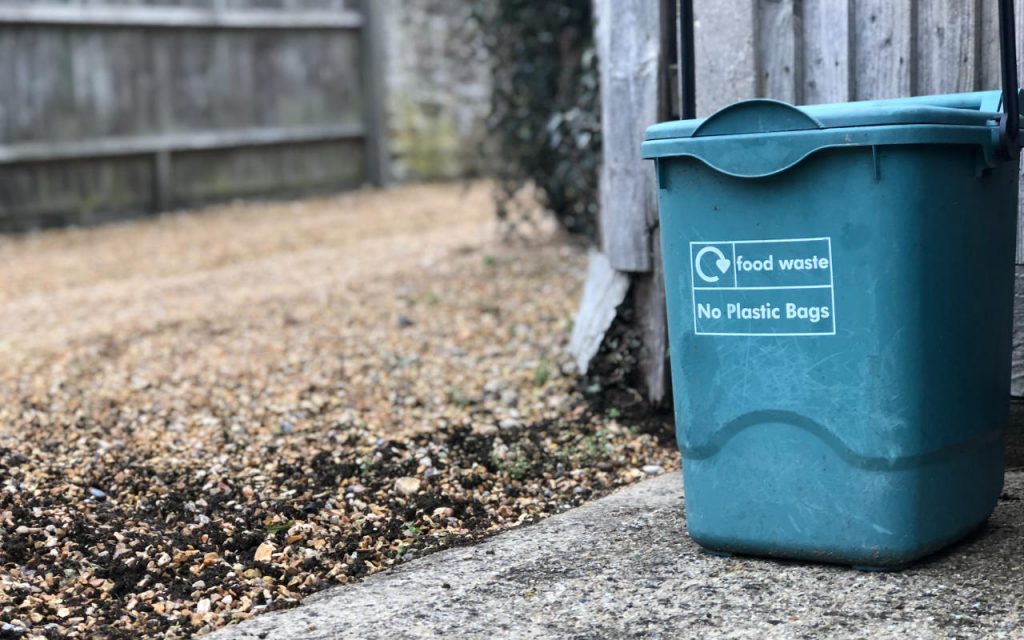A shocking 27% of councils don’t recycle plastic at all. And in most areas, councils collect and process the bare minimum; like in Brighton and Hove, where the council only collects plastic bottles. Others won’t accept yoghourt pots, or plastic ready meal dishes, despite their recyclability.
In fact, the whole of your local waste disposal service is a bit of a postcode lottery, up and down the country. But across all councils, there’s one plastic item missing from the recycled materials list; polythene bags.
Recycling polythene bags is often cited as one of the most difficult things to do. Only 7% of councils will accept polythene bags for recycling, with some claiming that they clog up the mechanisms used to screen and sort recycled materials – or aren’t detectable by the systems in place.
Read more – How recycled polythene is made
It’s a bitter pill to swallow. As members of the public, and as council tax payers, we all do our bit to make sure we dispose of our household recycling properly. So to find that so much of it is actually going straight to landfill is disappointing to say the least.
What makes this worse is that the PPT – the Plastic Packaging Tax – was imposed to reduce the amount of virgin material that businesses rely on, in favour of using recycled blends. All the while, local councils are dumping perfectly good recyclable material, and undoing the public’s push to sort their household waste.
Should the government be taking responsibility here?

Should the government be doing more?
Maybe it should. Let’s take a look at Germany, which is historically the country with the highest recycling rate in the world – which peaked in 2019 at roughly 67%.
Unlike the majority of England, which sorts general waste, glass, and general recycling, a lot more of the sorting work is done by the German public at the point of disposal.
The German recycling system uses six colour-coded bins: yellow for plastics only, and blue for paper and cardboard. A white bin is used for clear glass, a brown one for brown glass, and a green bin for green glass.
The sixth bin is for food waste and organic matter.
This makes recycling, composting, and waste management so much more efficient and effective – and it has clearly worked. The downside? More work for the public. More collection rotas. Higher taxes.
But we don’t actually have to look far beyond our own shores to find a place doing recycling right. Wales recorded a recycling rate of 56.5% in 2022, simply by doing more home sorting. It’s the only UK nation to have met the EU goal of a 50% recycling rate – which admittedly doesn’t count for much in the UK since Brexit, but is a very positive indicator that more can be done by local authorities in England and Scotland.
And this refined sorting could finally mean that polythene bags can effectively be recycled in home collections, on a wide scale – which will put an end to the current hassle that most people have to go through to do the right thing.
How are polythene bags recycled right now?
So, chances are that if you live in England, Scotland, or Northern Ireland, you can’t just put your used polythene bags in the recycling bin. They’ll be filtered out, and will go to landfill anyway. Find out what you can recycle in your postcode area.
For most of us, we’ll need to go to a local supermarket to drop our torn or worn out plastic carrier bags. And if you’ve got general plastic packaging to dispose of? Thankfully, most supermarket recycling points will also accept the following plastic films and wraps:
- Baby, pet food, detergent and cleaning pouches
- Biscuit and chocolate wrappers
- Bread bags
- Cereal liners
- Cheese, fish and meat wrapping
- Crisp packets and sweet bags
- Delivery bags
- Frozen food bags
- Multi-pack wrapping
- Plastic carrier bags
- Plastic film lids
- Salad, pasta, and rice bags
- Toilet roll wrapping
Recycling industrial polythene bags
This falls under pre-consumer recycled material. It’s made from either manufacturer waste (scraps, trimmings or broken product), or from logistics waste (pallet wrap, warehouse coverings and stock packaging)).
Pre-consumer polythene bags and wrappers are purer, easier to recycle, and generally are more sought-after than post-consumer (the stuff we throw away after use).
To learn more about industrial polythene recycling – read this post – but in a nutshell, this is usually a commercial waste management service paid for by the business, and not a council service.
Recycling polythene bags should be easier
We think that recycling is brilliant, and looking around at other governments, even those close to home, it’s clear to see that more can be done. And we can actually start by making polythene bags differently; if we can’t use recycled material, then at least we can make the virgin product easier to recycle.
Get custom polythene bags from NPF Packaging – and we’ll help you develop polythene bags designed to be easier to sort and recycle. Get a quote now, or call us on 01773 820415 to get started.


